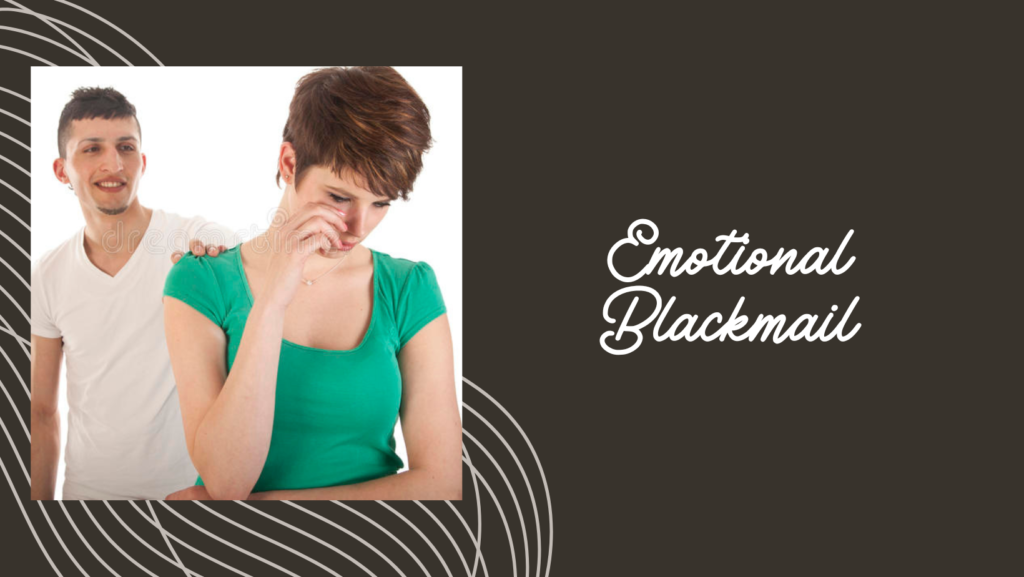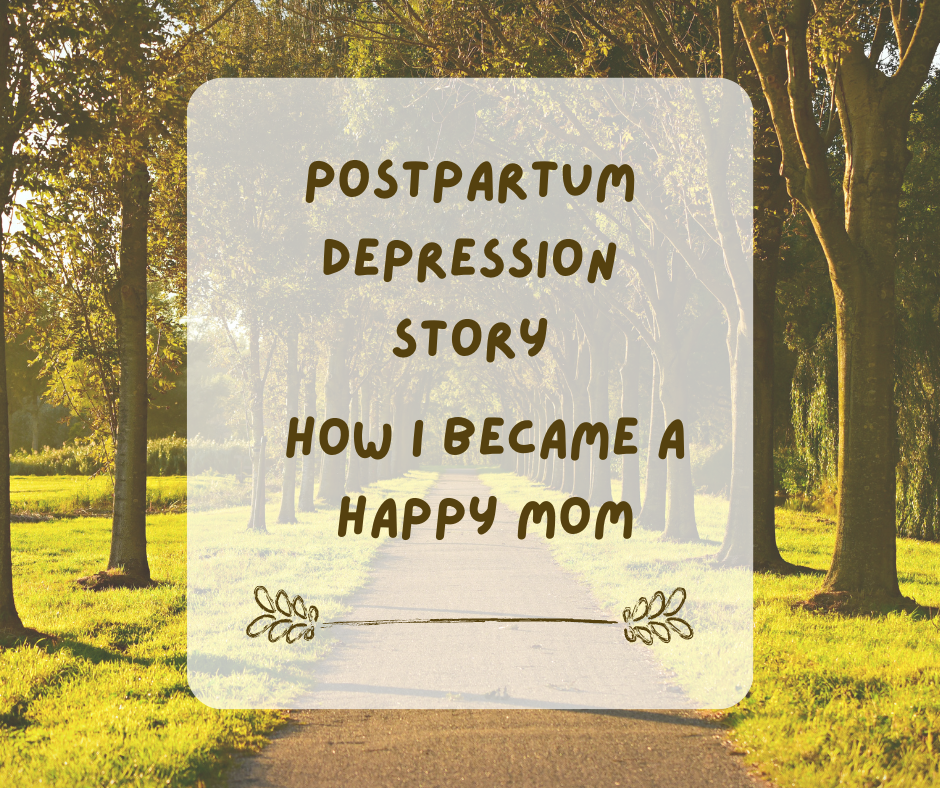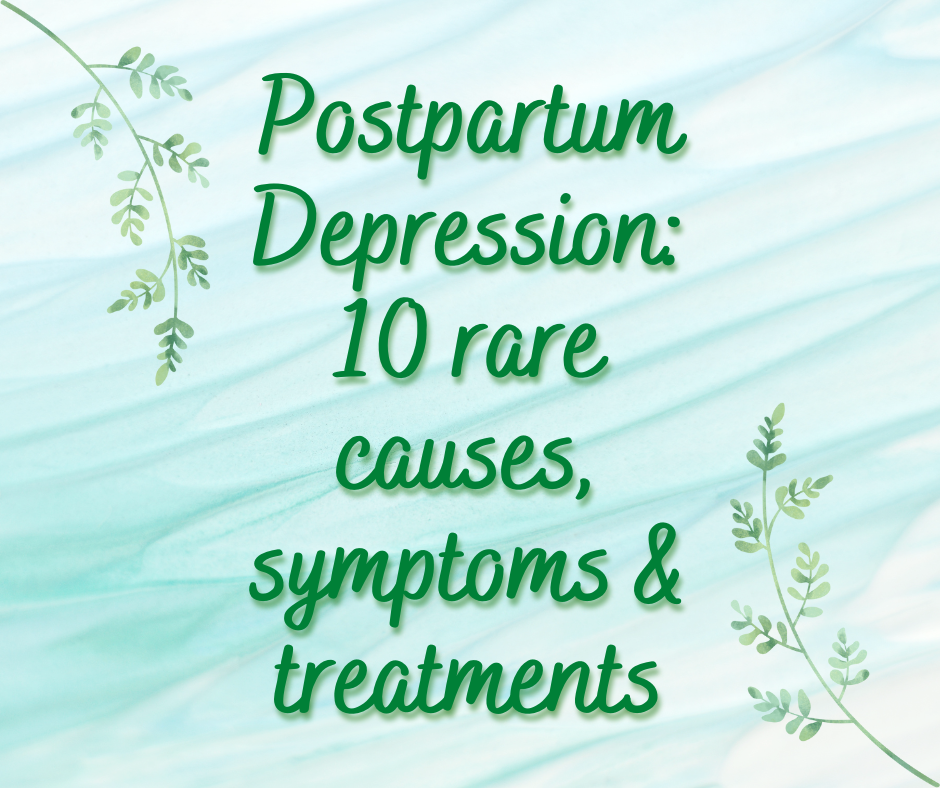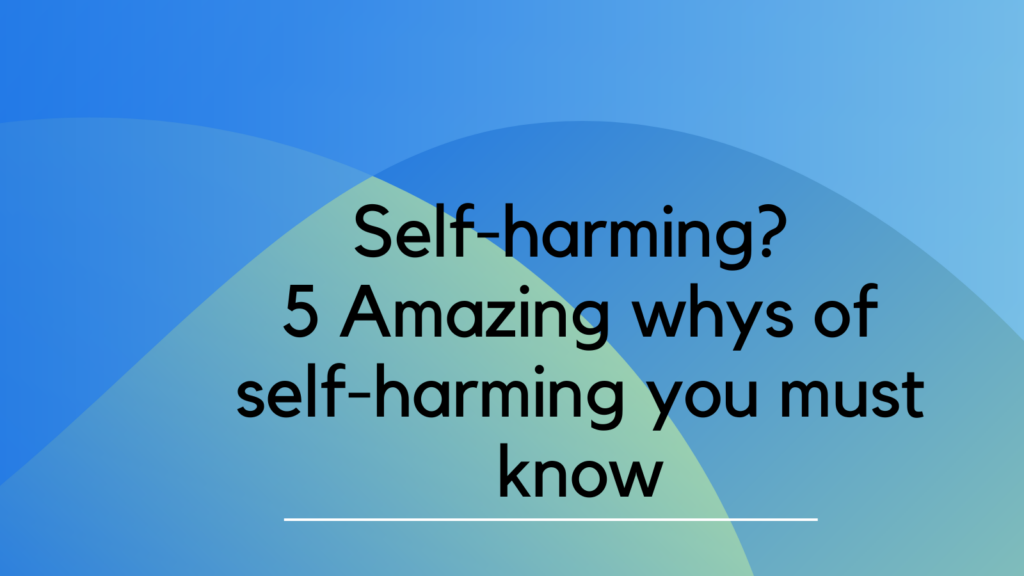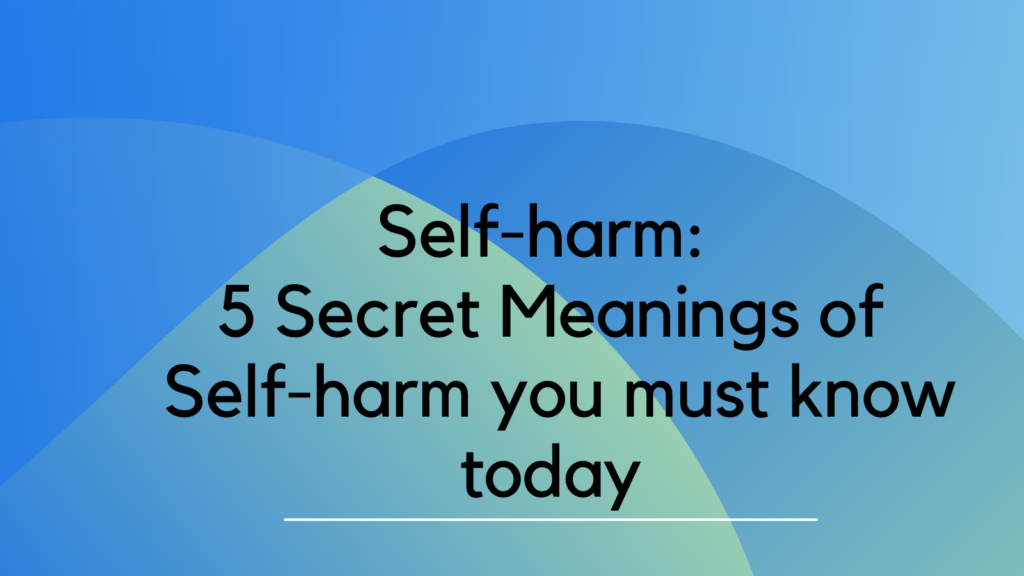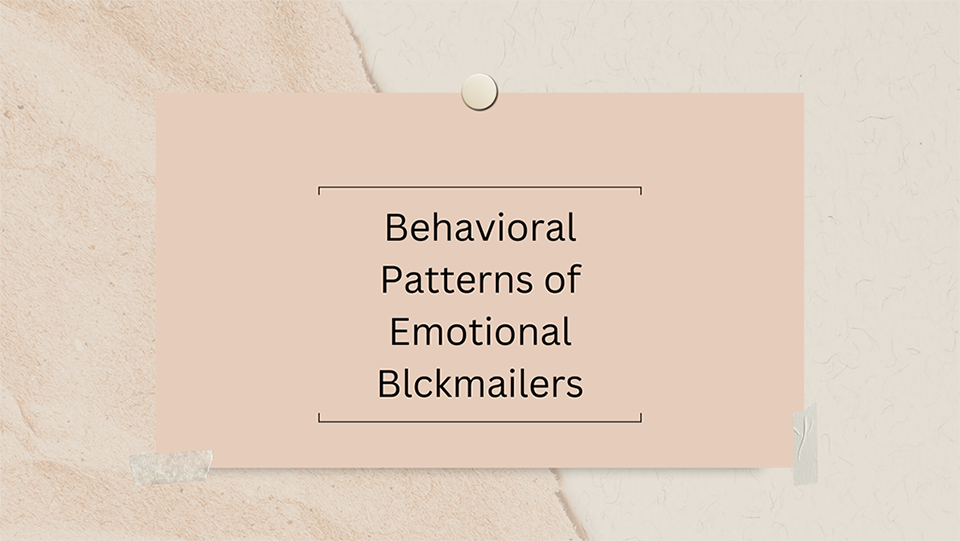
4 Deadly Behavioral Patterns of Emotional Blackmailers You Must Know
4 Deadly Behavioral Patterns of Emotional Blackmailers You Must Know Behavioral Patterns of Emotional Blackmailers are easy to notice even though they are subtle and might not be seen as […]
4 Deadly Behavioral Patterns of Emotional Blackmailers You Must Know Read More »
